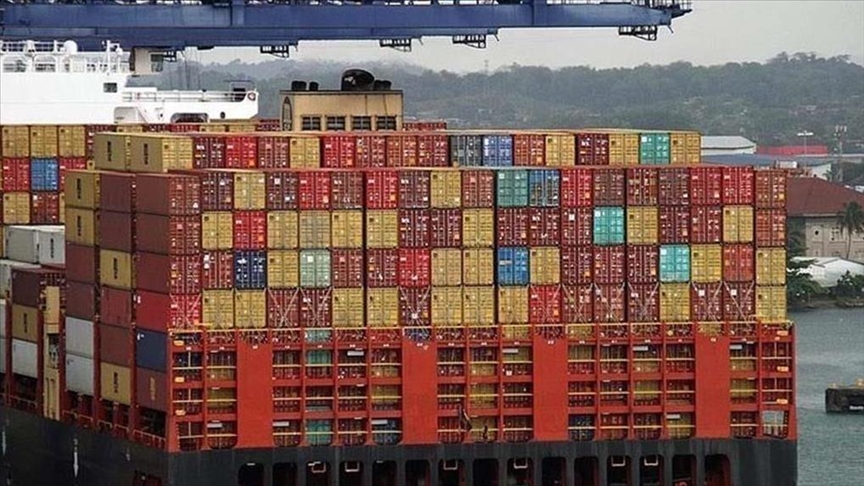Transport bodies warn ‘knee-jerk’ reactions to omicron put supply chains at risk
International transport groups, unions warn government reactions to new coronavirus variant endanger movement of goods

GENEVA
World leaders’ “knee-jerk reactions” to the omicron variant of coronavirus are putting transport workers and the global supply chain at greater risk of collapse, international transport organizations, and unions representing road, air, and sea transport warned Friday.
“Once again, COVID history is repeating itself with governments unilaterally changing hundreds of rules affecting cross-border transport workers within a matter of hours,” said Umberto de Pretto, the secretary-general of the International Road Transport Union (IRU).
“Truck drivers are again caught in the middle and paying a heavy price in simply doing their job to keep global supply chains functioning.”
The IRU, the International Air Transport Association (IATA), the International Chamber of Shipping, and the International Transport Workers’ Federation jointly called for governments to not reimpose border restrictions.
“After nearly two years of dealing with COVID-19, we should have progressed beyond these knee-jerk, uncoordinated, Pavlovian-like responses,” said Willie Walsh, the director-general of the IATA.
“Public health officials tell us that we should expect variants to emerge. And by the time they are detected, experience shows that they are already present around the globe.”
Walsh said border restrictions that block aircrews from doing their jobs will not prevent the variant from spreading while inflicting harm to still-recovering global supply chains and local economies.
The statement said governments are further limiting the freedom of movement of international transport workers and should learn from the last two years.
Cross-border transport workers, including seafarers, aircrews, and drivers, must be able to do their jobs and cross borders without overly restrictive travel rules to keep already ailing supply chains moving, they said.
They issued their statement a week after the World Health Organization (WHO) declared the new omicron strain a “variant of concern,” and said at least 56 countries have reimposed varying degrees of travel restrictions.
The transport bodies, representing 65 million global transport workers with over $20 trillion of the world trade annually, called for an end to the “rushed and fragmented approach” to travel rules by governments.
They also expressed frustration that governments were reneging on clear steps issued to world leaders in September to guarantee the free and safe movement of transport workers and to prioritize transport workers to receive WHO-recognized vaccines.
They said international organizations had adopted lasting travel and health protocols developed by industry for seafarers, drivers, and aircrews, “as endorsed” by WHO, International Labor Organization (ILO), International Maritime Organization, and International Civil Aviation Organization.
To discuss recommendations and the impact that travel bans and other restrictions in response to the omicron variant will have on transport workers and the global supply chain, a crisis meeting with the WHO and ILO is scheduled for Dec. 6, the statement noted.
Anadolu Agency website contains only a portion of the news stories offered to subscribers in the AA News Broadcasting System (HAS), and in summarized form. Please contact us for subscription options.





